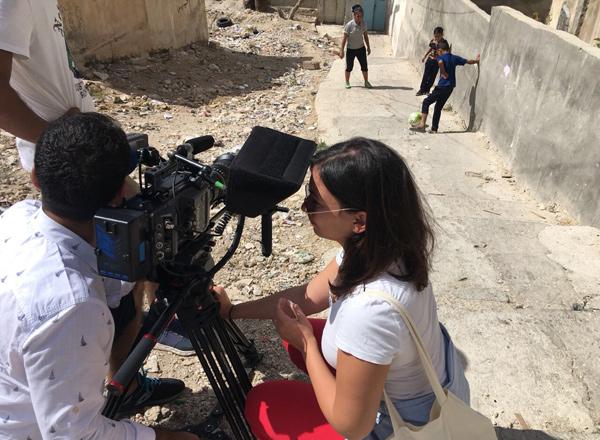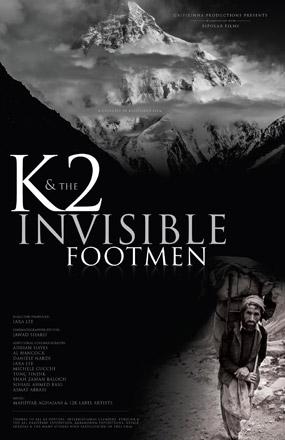You are here
Documentary hones in on plight of abused women
By Hind Joucka - May 26,2016 - Last updated at May 28,2016

A still from 'If You Meant to Kill Me' (Photo courtesy of Widad Shafakoj)
AMMAN — Three women, shown only as silhouettes, describe the life threatening abuse and violence they have faced from their families, fear and pain evident in their voices.
Jordanian filmmaker Widad Shafakoj’s documentary "If You Meant to Kill Me" follows the stories of these three women who were administratively detained to protect them from their families who had threatened to kill them in the name of honour.
Due to lack of alternative shelters to protect threatened women, the three, whose identities are not disclosed, were put in Jordanian prisons for their own safety.
"Several years later, the women were released and now tell their stories about the time they spent alongside imprisoned criminals."
Shafakoj said she avoided showing the women’s faces and their full stories, and changed their voices to protect them.
“Some of these women’s own families don’t know that they have been released from prison. I didn’t disclose their full stories to avoid having their identities revealed,” she told The Jordan Times.
“They are completely and utterly alone in life. They have no one and it’s not fair that they can’t speak to their families. They have lost all hope in life, as if they’re no longer actually living.”
The documentary, screened at the Royal Film Commission earlier this week, included interviews with experts in the field such as lawyer and former minister Asma Khader, women’s rights activist Inaam Al Asha and lawyer Lubna Dawani, who commented the legal and humane aspects of these women's cases.
“These women are victims of a number of issues such as traditions and cultures, unawareness, gender inequality and economic [problems]. In other words, they are victims of a whole system that surrounds them,” Asha explained.
According to Shafakoj, after the victims are released, they usually have no money and no other place to go. They live in overwhelming fear of being found by their abusers.
“There is nothing consistent in these women’s lives; they frequently change their mobile numbers and place of residence because their lives are in constant danger,” she added.
Shafakoj said government officials have refused to answer her questions concerning the issue.
“I hope this film creates a discussion and raises awareness about this issue. There is a need for proper institutions and shelters to protect these women,” the director said.
The film, funded by the embassy of the Netherlands in Amman, is Shafakoj’s third documentary after "The Last Passenger", which documents Syrian refugees’ attempt to escape the Zaatari Refugee Camp, and "ID000", which follows stories of orphans over the age of 18.
Related Articles
AMMAN — According to Jordanian filmmaker Widad Shafakoj, there are other more influential means to exercise activism and press for change th
AMMAN — The Jordanian documentary "17" presented a “source of motivation” to practise and follow football, not only for audiences of the fil
AMMAN — The power of arts and culture to speak about the human condition is a primary motivation for director Iara Lee, who has recently fin
















